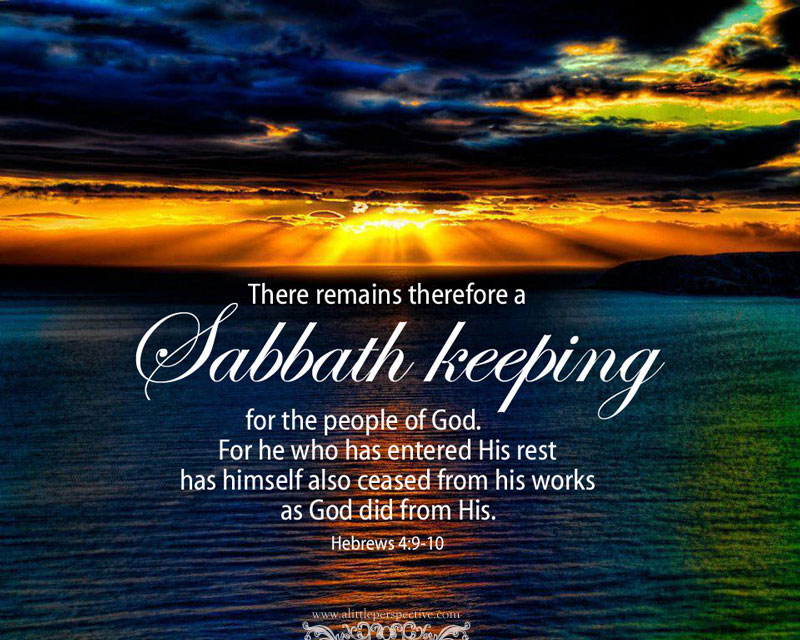Hebrews for Today: The Majestic Jesus - ix. The Sufficiency of Christ
/Preacher: Alan Cameron
Verses: Hebrews 7:11-28
We live in an age when language is used quite loosely. Words like great, wonderful, brilliant, awesome abound. The problem is when we use superlatives to describe the routine and ordinary, language like currency loses its value. This was the issue faced by the writer of the Easter hymn “O sacred head how wounded”. He asks, “What language shall I borrow to praise you dearest Friend?” it is a remarkable question, which deserves close attention and which the writer of Hebrews attempts to answer in the passage before us.
Jesus is indeed unique, one of a kind, the God-man. He sets the Christian faith apart from any other religion. He is the one who seeks, searches and saves. And having done that, he is the one who prays continually for us. The writer of Hebrews is quite justified to use superlative language to describe Jesus who “truly meets our need – one who is holy, blameless, pure, set apart, exalted above the heavens” (v26).







